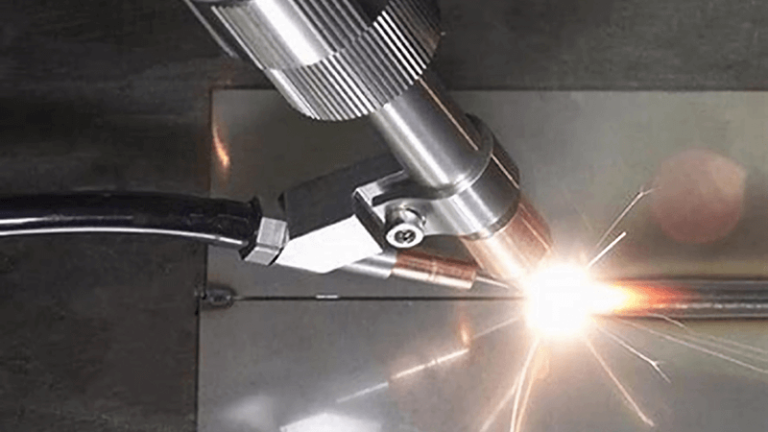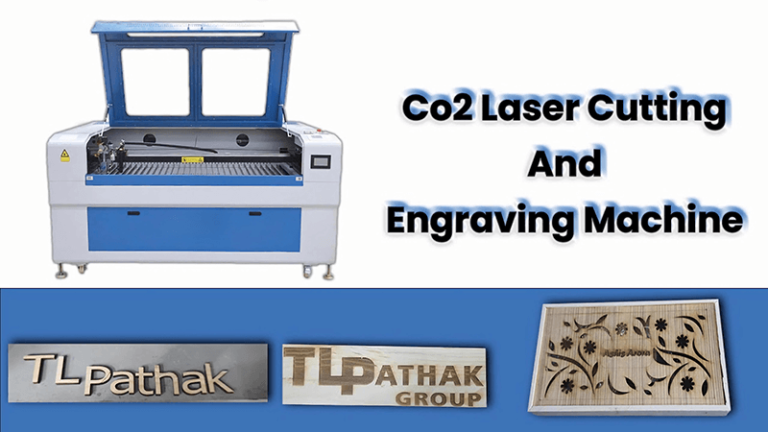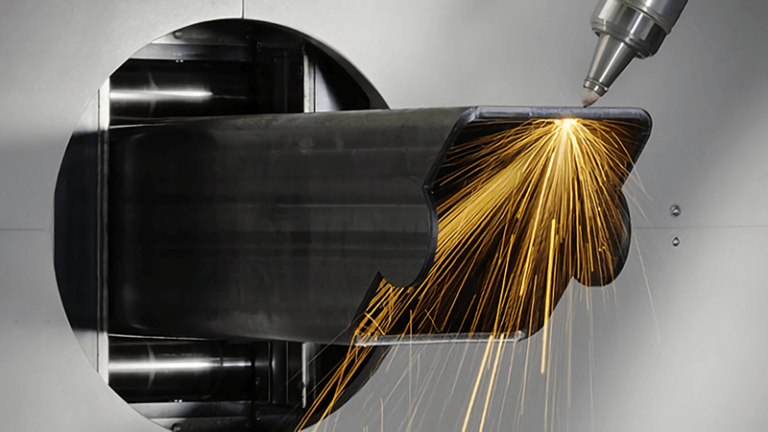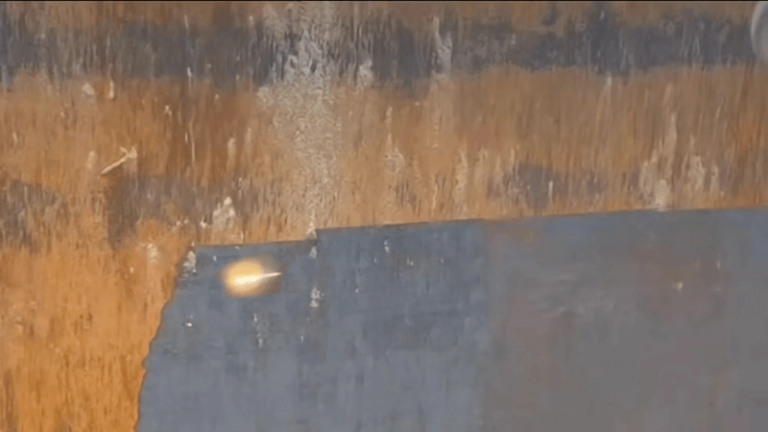If you're exploring laser cleaning but worried about damaging metal, you're not alone. Many people hesitate to try laser machines for fear they might ruin the surface. Let's get to the bottom of it.
No, laser cleaning doesn’t damage the metal surface when done correctly—it depends on the type of laser, the settings, and the metal.
I’ve tested both pulsed and CW (continuous wave) laser cleaning machines here at Kirin Laser. If you're dealing with rust, paint, or even oil on metal surfaces, choosing the right laser makes all the difference. Let’s look at what really happens when you bring a laser to metal.
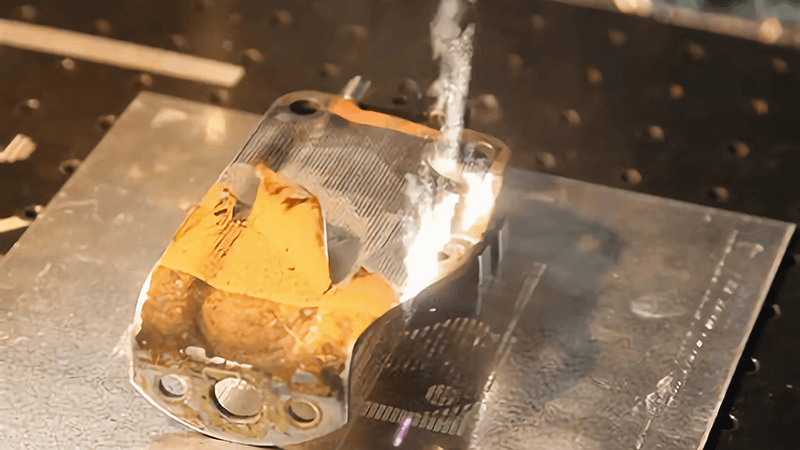
Does laser cleaning damage metal?
People often imagine lasers as destructive beams that can burn through anything. That’s not what laser cleaning is.
Laser cleaning does not damage metal if the correct laser type, power settings, and scanning speed are applied. Pulsed lasers are especially known for their ability to clean without harming the substrate.
Why Laser Cleaning Is Safe with the Right Setup
Laser cleaning1 uses light—not friction or chemicals—to remove layers of rust, paint, or other residues. The laser energy is absorbed by the contamination, causing it to evaporate or break apart. The metal underneath is not affected—if the parameters are correctly configured.
Key Safety Variables in Laser Cleaning
| Parameter | Safe Range (Typical) | Effect on Metal | Notes |
|---|---|---|---|
| Power (W)2 | 50W–2000W | Low to moderate thermal load | Higher power = faster cleaning, more risk |
| Pulse Duration (ns)3 | 100–500 ns | Minimal surface contact | Short pulses avoid overheating |
| Scan Speed (mm/s) | 100–3000 mm/s | Spread energy to avoid focus | Slow speed = concentrated heat |
| Focal Distance | +3 to -3 mm | Correct beam delivery | Off-focus increases risk |
Best Practices I Use at Kirin Laser
- For thin metals like aluminum, I always start with 100W pulsed lasers at low repetition frequency.
- Stainless steel handles higher energy well, but I still keep scan speed fast to avoid discoloration.
- Test a small hidden area before full application.
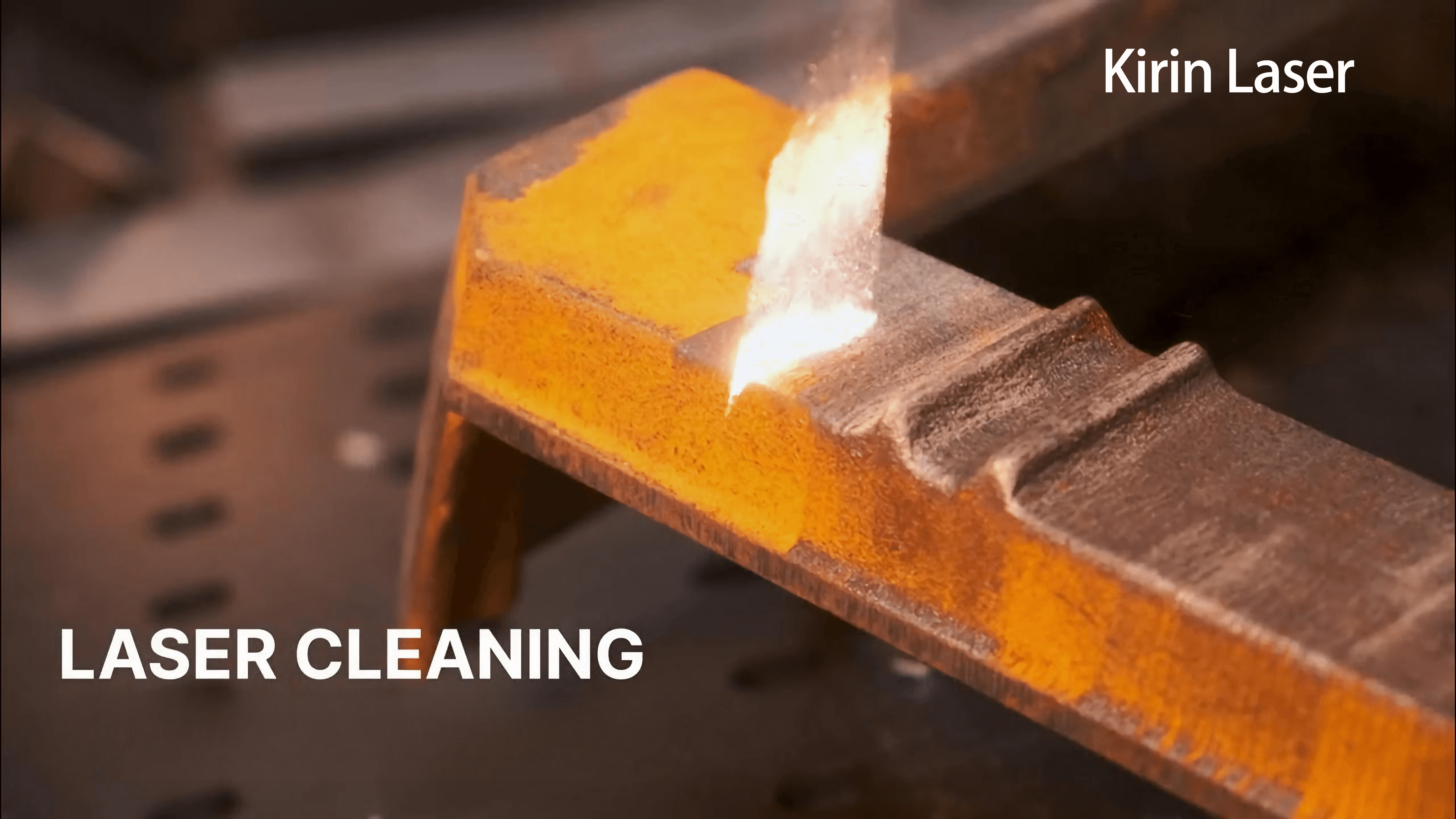
What is the disadvantage of laser cleaning?
Laser cleaning sounds like a perfect fix—it’s dry, contactless, and eco-friendly. But let’s be honest. There are some downsides.
The disadvantages include high upfront costs, the need for skilled operation, and limitations on surface types and geometries.
Real Cost vs. Long-Term Value
Let’s look at the real numbers. At Kirin Laser, we’ve broken it down for industrial clients:
Laser Cleaning vs. Traditional Methods – Cost Comparison (Annualized)
| Method | Initial Cost | Consumable Cost/year | Labor Intensity4 | Precision | Maintenance Cost |
|---|---|---|---|---|---|
| Laser Cleaning5 | $5,000–$25,000 | $0 | Low | High | Low |
| Sandblasting | $3,000–$10,000 | $3,000–$5,000 | High | Low | High |
| Chemical | $500–$1,000 | $2,000–$4,000 | Medium | Medium | Medium |
Other Practical Challenges
- Training Required6: You can’t just plug it in and go. Operators need to understand the effects of wavelength, power, and dwell time.
- Not Ideal for Non-Metals: Plastics, composites, or coated materials require special treatment or may not be suitable at all.
- Geometric Limits: Deep grooves or internal corners may need robotic arms or extra positioning work.

Can lasers break metal?
Laser cleaning is not laser cutting. This needs to be clarified often.
Laser cleaning machines do not break or cut metal. They are designed to remove surface contaminants, not penetrate the material.
Understanding Laser-Metal Interaction
Different laser applications use different energy densities. Here's a basic comparison:
Laser Applications by Power Density7
| Application | Typical Power Density (W/cm²) | Purpose | Metal Impact |
|---|---|---|---|
| Cleaning (Pulsed)8 | 1×10⁵ to 1×10⁶ | Surface rust/paint removal | No damage if controlled |
| Welding (CW)9 | 1×10⁷ to 1×10⁸ | Fusing metal joints | Controlled fusion |
| Cutting (CW) | 1×10⁸ to 1×10⁹ | Piercing and slicing metal | Full penetration |
What Goes Wrong When Lasers Are Misused
When operators use a high-powered CW laser on thin metal without adjusting speed and focus, it can lead to:
- Surface warping
- Discoloration
- Burn-through (in extreme cases)
But in over 200 cleaning projects at Kirin Laser, including delicate aerospace components, I’ve never seen pulsed lasers break metal—because we used the right settings.

Is laser cleaning better than sandblasting?
This question gets to the heart of industrial surface treatment. Many traditional shops still use sandblasting because it’s familiar. But that’s changing.
Laser cleaning offers more precision, lower long-term cost, and safer operation than sandblasting—especially in controlled environments.
Performance Face-Off: Laser vs. Sandblasting
| Factor | Laser Cleaning | Sandblasting |
|---|---|---|
| Surface Integrity10 | Maintained | Surface wear and abrasion |
| Operator Safety11 | No dust, no toxic waste | Dust inhalation risk |
| Repeatability | Programmable, consistent | Manual, skill-dependent |
| Environmental Impact12 | No waste, low noise | High dust, loud operation |
| Complex Surfaces | Great for detailed geometry | Poor on grooves/corners |
| Setup Flexibility | Portable units available | Requires dedicated rooms |
Real Case Study from Kirin Laser
One of our automotive clients restored vintage cars using sandblasting for years. They switched to a 200W pulsed laser we supplied. Results:
- Prep time reduced by 60%
- Rework costs dropped 90%
- Zero substrate distortion—even on 50-year-old alloy frames
They’re not going back.

Conclusion
Laser cleaning13, when done right, is safe, efficient, and superior to traditional methods in many ways. From protecting your base metal to reducing environmental harm, it's a solution that pays off. Whether you're handling delicate aluminum, industrial steel, or anything in between, choosing the right laser—especially pulsed over CW for fine work—is the key. At Kirin Laser, we design each machine to match your job. No more guessing. Just results. Let’s clean with confidence.
-
Explore the advantages of laser cleaning technology, including its efficiency and safety compared to traditional methods. ↩
-
Understanding the impact of power on laser cleaning can help optimize the process for different materials and conditions. ↩
-
Learn how pulse duration influences the effectiveness and safety of laser cleaning, ensuring optimal results. ↩
-
Understanding Labor Intensity can help you evaluate the overall cost-effectiveness of different cleaning methods in industrial applications. ↩
-
Explore the advantages of Laser Cleaning, including cost savings and efficiency, to understand its long-term value over traditional methods. ↩
-
Discover the essential training requirements for Laser Cleaning to ensure safe and effective operation, maximizing your investment. ↩
-
Understanding Power Density is crucial for optimizing laser applications and preventing damage to materials. Explore this link for in-depth insights. ↩
-
Discover the effectiveness of Pulsed laser cleaning technology for rust and paint removal, ensuring safe and efficient results. ↩
-
Learn about the benefits of CW laser welding in creating strong metal joints, enhancing your understanding of modern fabrication techniques. ↩
-
Understanding surface integrity is crucial for choosing the right cleaning method. Explore this link for in-depth insights. ↩
-
Operator safety is paramount in industrial processes. This resource will provide valuable information on safety measures for both methods. ↩
-
Environmental considerations are vital in today's industry. Discover how these methods affect the environment and sustainability. ↩
-
Find the best laser cleaning solution from Kirin Laser, do not hesitate to click this link to know all details. ↩


